The first three studies in this work, on Malik Gopi, Malik ayaz and Khwaja Safar throw light on the nobility of the Sultanate of Gujarat and the different reactions they had to the monopoly trade of the Portuguese in the early part of the sixteenth century. The author tries to highlight and generalize the composition of the nobility, the constant friction among them as well as the economic motives that guided the course of their activities. The fourth article on the urban Growth of Diu is a case study to show the relationship between trade and urban growth. The author makes an attempt to introduce the Portuguese historians of the sixteenth century who, among other things, wrote at length about various aspects of the Sultanate of Gujarat. He deals with the biographical details, competence and the approach of the historians who wrote their work in the sixteenth century and laid a claim to be considered important authorities for the history of the Sultanate of Gujarat on various grounds./ only the four main writers of the sixteenth century have been taken into account in this work. Several volumes in the original Portuguese were read through for this study. A few important Portuguese documents of the sixteenth century, related to the history of the sultanate, have been reproduced with summaries in English. Scholars interested in Indo-Portuguese history as well as the history of the Sultanate of Gujarat in the sixteenth century will find it quite useful to acquaint themselves with old Portuguese and Portuguese Palaeography. This work is an indispendsable companion for research scholars and institutions pursuing researches in Medieval India.
Along the Corridor of Memories
$13.50
$15.00


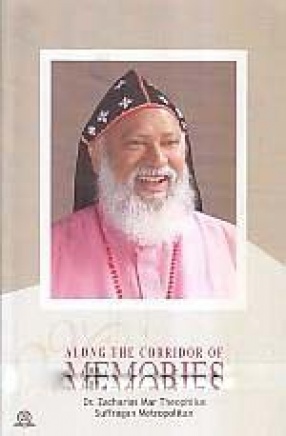

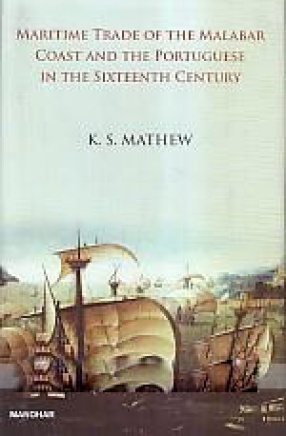
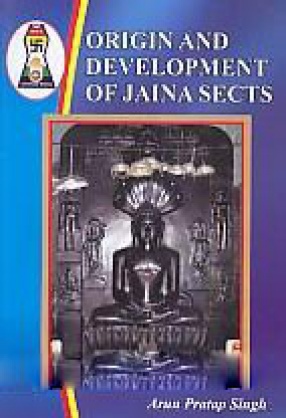
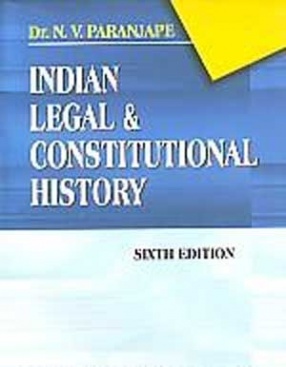
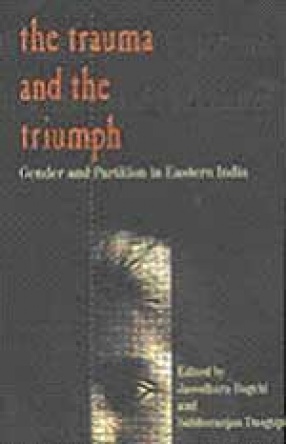
There are no reviews yet.